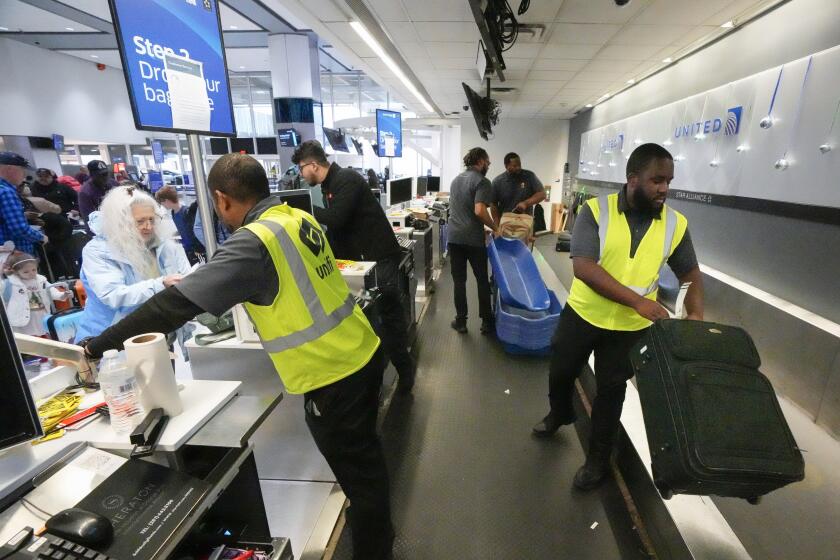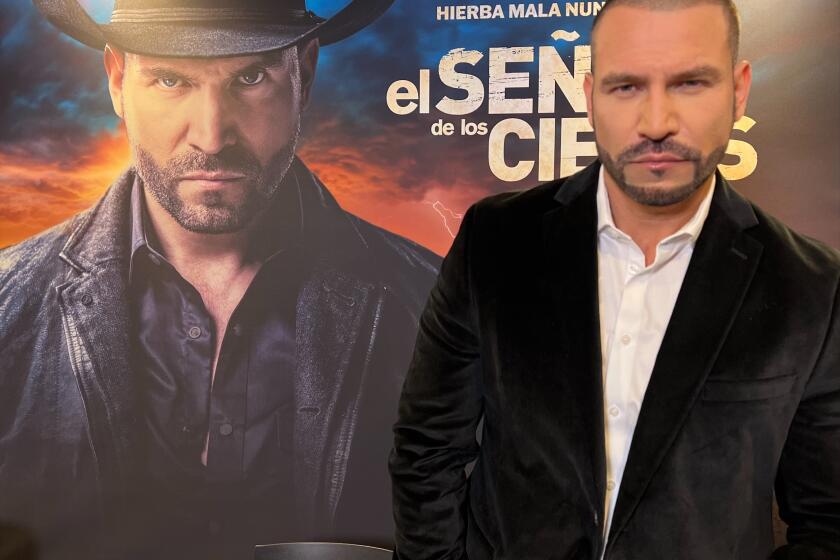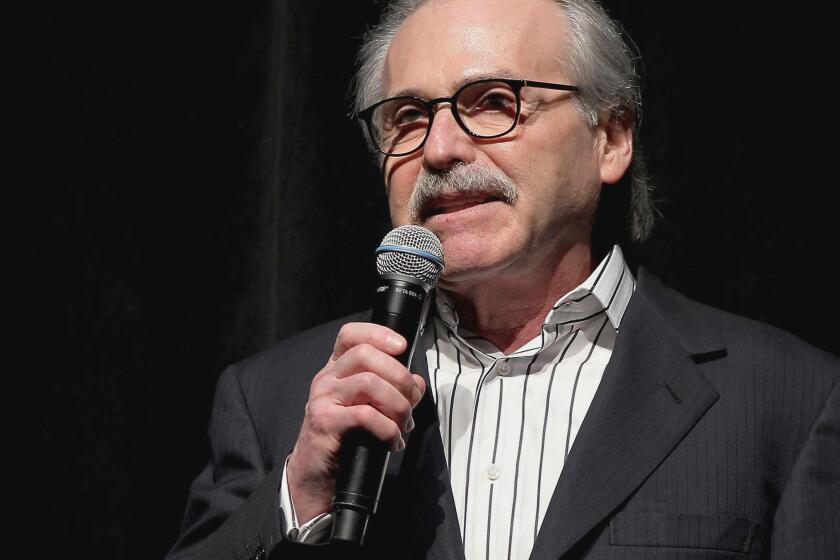Using plastic bags, Arizona women weave sleeping mats for the homeless
Elderly women in Arizona have for years used their skill as weavers for social and environmental purposes, by transforming plastic bags from supermarkets into sleeping mats for the homeless.
Every week, 10 women living in Tucson’s The Fountains at La Cholla senior retirement community, along with personnel from that center, meet to make mats that serve either to sleep on or as quilts to cover up with, which they then donate to organizations that in turn give them to the needy.
The raw material they use consists of plastic bags from supermarkets and other stores that, under normal circumstances, would end up in the city dump and would take years to disintegrate.
Abbie Stone, director of The Fountains at La Cholla, told EFE that the project was started six years ago by the late Dwaine Greer, a professor of art at the University of Arizona.
Every workday, one of the women takes charge of cutting the bags into strips, another stretches, twists and rolls the strips into something like balls of yarn, while others weave the material using an oversized crochet needle.
It takes four months to make a mat measuring approximately 1.8 meters (6 feet) long by 1 meter (3 feet) wide.
“We work at least two hours a week, though some of us work more hours on our own,” Norma Brewster, 79, told EFE, while hard at work on one of those mats.
Brewster said the whole mat is woven in single crochet, quite easy for this veteran weaver who began learning this skill when she was 12 years old.
“You can’t keep doing it for long, because your hands start to hurt, but we know it’s worth it, because we’ll be helping someone who right now is probably sleeping on the ground,” Brewster said.
Up to now, the plastic bags are not included in Tucson’s recycling program and very few stores have a program for recycling them.
Nobody has counted how many bags are used in making a mat, but it could be several hundred of different colors.
“They’re always calling me to ask if we’re still taking bag donations - some are even sent by mail from other parts of the country,” the director of The Fountains at La Cholla said.
Once the mats are finished, they are donated to shelters and aid centers, which give them to the homeless.
Every mat is soft, quilted and comfortable enough for a person to sleep on, but it can also be used as a blanket.
Since it is made of plastic bags, it is light, so it can easily be carried from one place to another, and for the same reason it can be quickly washed and dried.
Stone said she once saw a man in downtown Tucson with one of these mats rolled up on top of his backpack, and was happy to see they are “useful to the homeless.”



